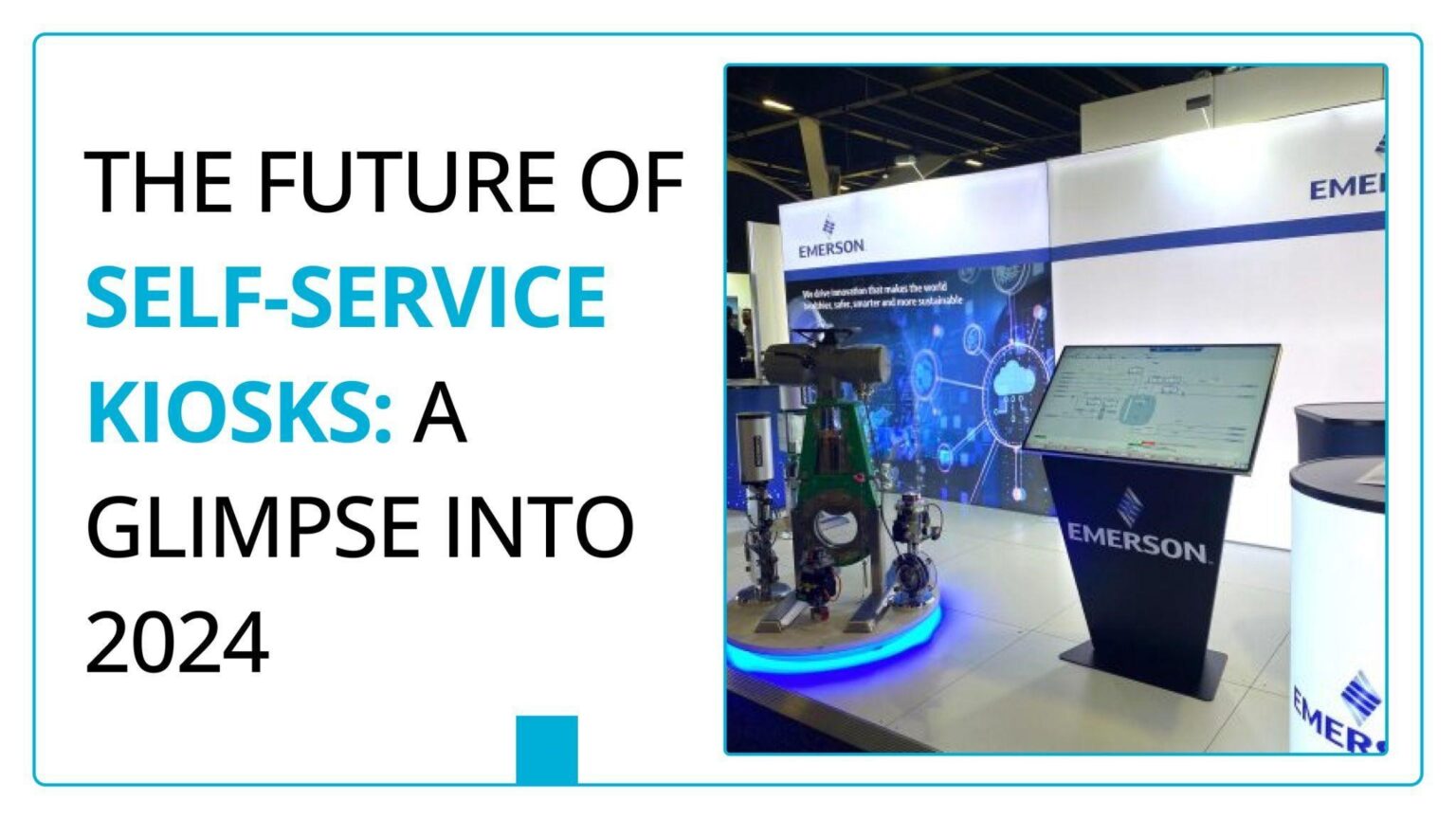As we step into the realm of self-service, a diverse array of self-service machines caters to various industries, offering infinite configurations. These kiosks have revolutionised the provision of services that were once manual tasks.
Major industries, such as telecommunications and banking, heavily invest in self-service technologies, particularly self-ordering systems, and checkout kiosks, to digitise and automate branch operations, extending their service hours beyond the conventional 5-6 p.m.
Data indicates that self-service kiosks might soon become the standard in restaurants worldwide. Industry giants like McDonald’s have already rolled out numerous self-ordering kiosks across their global franchises.
In this article, we’ll explore some of the standout self-service kiosks across different industries and discover which types will dominate in 2024.
Which type of self-service kiosks will be popular in 2024?
1. SIM Dispensing Kiosks: Bridging Connectivity Abroad
After disembarking in a foreign land, seeking connectivity is usually a top priority. This could be in the form of Wi-Fi access or a SIM card. Hence, SIM dispensing kiosks have become indispensable in various tourism and business destinations. Conveniently stationed in airports, commercial hubs, malls, and hotels, these kiosks ensure enhanced accessibility.
Recent mandates requiring telecom companies to register their prepaid customers are a crucial factor driving the popularity of these kiosks. These regulations necessitate retraining staff and investing in biometric technology for registration. SIM dispensing kiosks streamline this process, enabling customers to purchase and register a SIM card seamlessly, eliminating potential human errors.
2. Ticketing Kiosks: Streamlining Travel Transactions
Ticketing kiosks are a staple in the travel industry, offering an automated ticket purchase and printing solution. With complete automation, the need for a live agent is eliminated. Locations like train stations and airports can now host multiple ticketing kiosks, optimising service efficiency.
Beyond transportation, ticketing kiosks find their place in cinemas, museums, and amusement parks. In cinemas, patrons can easily select movies, pick seats, and make payments.
3. Cash and Check Deposit Kiosks: Transforming Banking Transactions
Since the advent of ATMs in the late 60s, the banking sector hasn’t seen a significant self-service breakthrough until the emergence of advanced kiosks, specifically cash and check deposit machines. These electronic kiosks offer the same functionality as ATMs but extend the capability to make deposits after regular banking hours.
Cash deposit kiosks significantly reduce transaction time, enabling employees to focus on more demanding tasks. These kiosks enhance bank productivity by automating data entry and currency counting.
4. Quick Service Restaurant Kiosks: Redefining Food Ordering
Quick Service Restaurant (QSR) kiosks revolutionise the food ordering experience. Customers can bypass queues and directly place orders using these self-service machines. Approximately 80% of QSR customers prefer this method for its convenience. Leading food chains like McDonald’s, Starbucks, Taco Bell, and Subway have already adopted these kiosks to enhance customer satisfaction.
5. Card Issuance Kiosks: Streamlining Account Processes
Card issuance kiosks facilitate account opening and replacement of lost or misplaced debit cards. These touchscreen kiosks perform complete KYC checks, register customers, and activate and dispense cards. Their applications extend beyond banks to libraries, educational institutes, governments, retail shops, and supermarkets.
6. Self-Checkout Kiosks: Empowering Retail Transactions
Self-checkout kiosks empower customers to complete their purchases independently. Found in retail outlets, malls, and supermarkets, these kiosks offer multiple payment options, including cash, mobile wallet, card, or UPI. As technology advances, self-checkout kiosks become more accessible to businesses of all sizes, reshaping retail experiences.
A Shift Towards Self-Service in 2024 and Beyond
Looking ahead to 2024, the self-service landscape is poised for significant growth and innovation. Industries recognize the immense potential of self-service kiosks in enhancing customer experiences, increasing operational efficiency, and staying competitive in a rapidly evolving market.
As technology advances, self-service kiosks are becoming more cost-effective, making them accessible to businesses of all scales. This democratisation of self-service technology benefits large corporations and empowers small businesses and even those in developing economies.
It’s important to note that self-service kiosk systems are not designed to replace staff but to complement their efforts. By dividing tasks and allowing customers to check out independently, businesses can reduce waiting times and enhance overall customer satisfaction.
Partnering with a Self-Service Kiosk Provider
Partnering with a reputable self-service kiosk provider is key for businesses looking to integrate self-service technologies. These experts can tailor the touchscreen system to align with your business needs and goals. Whether you’re in the retail sector, the hospitality industry, or any other field, a customised self-service solution can be a game-changer.
In Summary!
The landscape of self-service kiosks is rapidly evolving, with various industries benefiting from their automated services. Industries like telecommunications, banking, and restaurants are increasingly adopting self-service technologies. In 2024, we can expect a surge in the popularity of self-service kiosks, with different types catering to specific needs. These include SIM Dispensing Kiosks, Ticketing Kiosks, Cash and Check Deposit Kiosks, Quick Service Restaurant Kiosks, Card Issuance Kiosks, and Self-Checkout Kiosks.
The advent of self-service touchscreen kiosks has streamlined processes, extended operational hours, and reduced waiting times. They represent a significant leap in service delivery and are set to become even more accessible and prevalent in the coming years.
To capitalise on this trend, companies should consider partnering with a self-service kiosk provider to implement customised solutions. Embracing self-service technology is not just a trend; it’s a strategic move toward staying competitive and meeting customers’ evolving expectations in the digital age.


